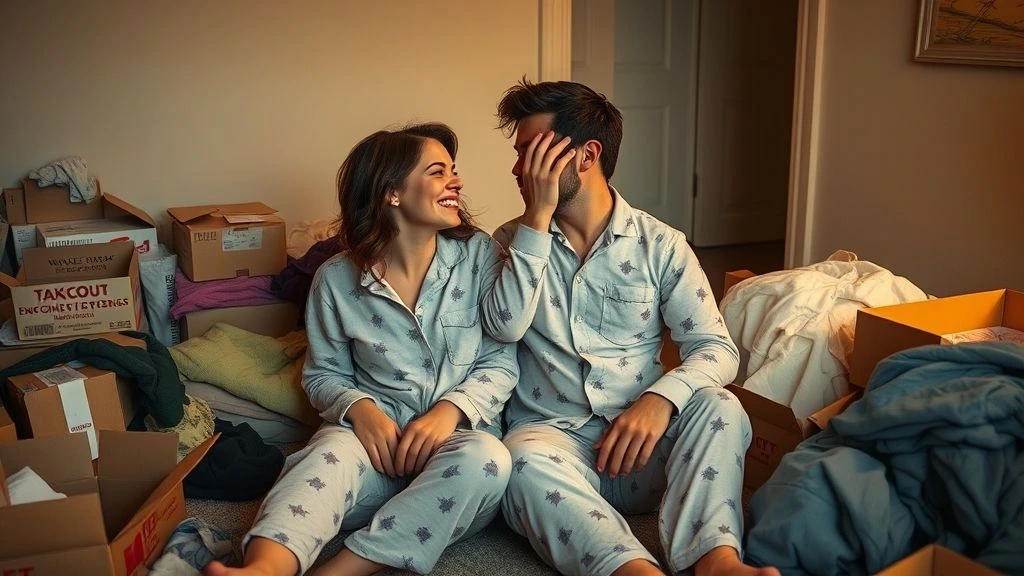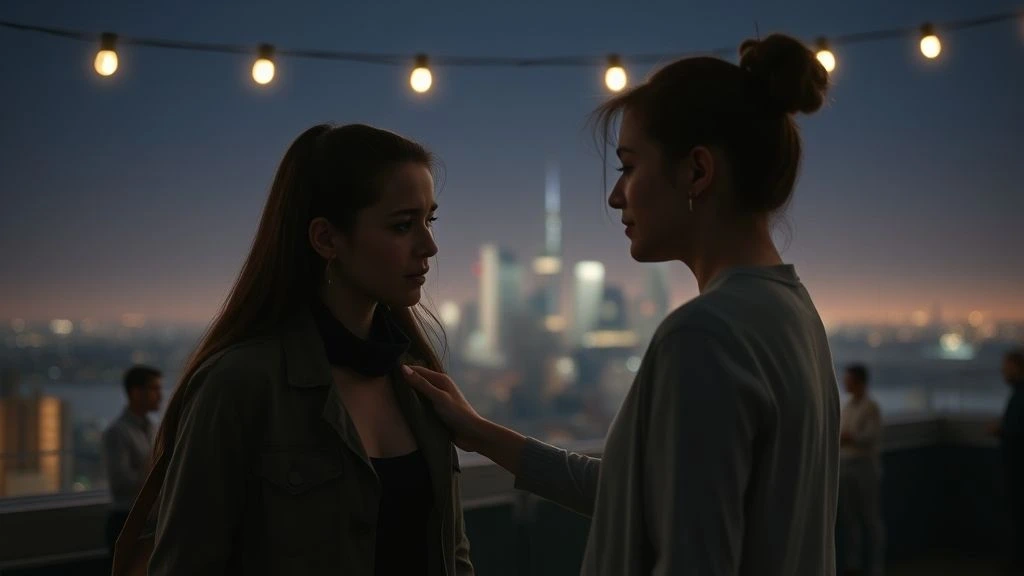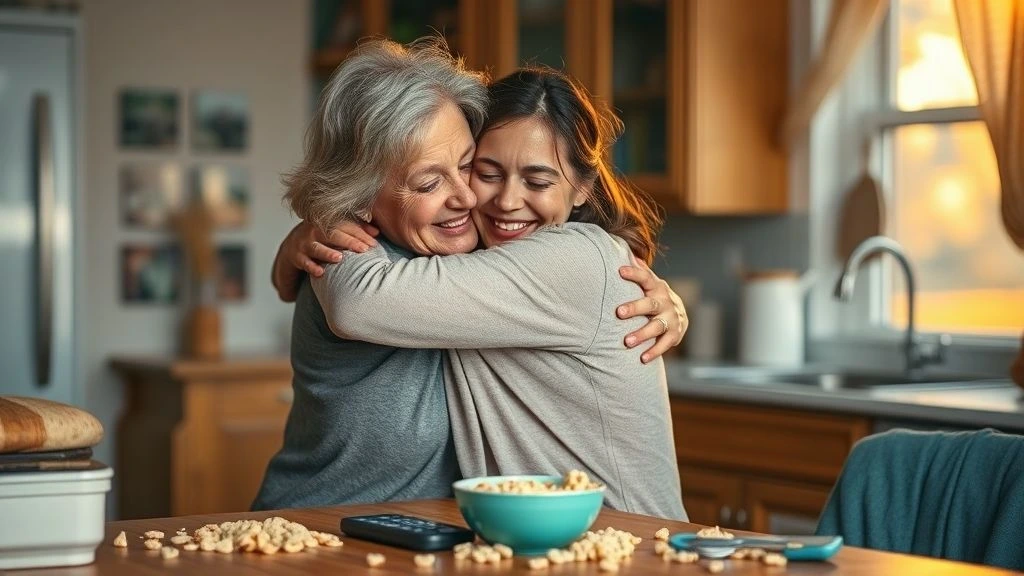
Let’s get real from the jump — we all want unconditional love . Not that fake, transactional kind where you have to earn someone’s affection or walk on eggshells to keep them happy. Nah, I’m talking about the real deal: pure love , selfless love , the kind that sticks around even when life gets messy. Whether it’s your partner, a parent, a friend, or even yourself — loving unconditionally changes everything. And if you’ve ever been on the receiving end of that kind of devotion, you know how powerful it is. It doesn’t care about mistakes, timing, or moods. It just is .
What Is Unconditional Love?
At its core, unconditional love means loving someone without expecting anything in return. No hidden clauses, no performance reviews, no “I’ll stay as long as you’re perfect.” That’s not love — that’s control dressed up like affection. Real unconditional love says, “I see your mess, I know your flaws, and I still choose you anyway.”
Examples You Can Feel
You’ve probably seen this kind of love in action. A parent who stays up all night with a sick kid, never once complaining. A best friend who shows up with pizza after a breakup, no questions asked. Or maybe even a pet who wags their tail like you’re a god every time you walk through the door.
It’s not always romantic, but it’s always deep. And honestly? Some of the strongest examples of unconditional love in relationships come from friendships that survive years of chaos and still feel like home.
The Psychology of Love: Why We Crave Unconditional Connection
Here’s where things get interesting — science actually backs up why unconditional love feels so damn good. Our brains release oxytocin and dopamine during moments of deep connection, which basically makes us feel safe, bonded, and high on life. These chemicals are responsible for what we call secure attachment — that feeling of knowing, without a shadow of a doubt, that someone has your back.
Secure Attachment = Emotional Superpower
People who grow up with unconditional love tend to be more emotionally stable, more trusting, and less afraid of vulnerability. Ever met someone who just seems grounded, confident, and weirdly chill under pressure? Chances are, they were raised in an environment full of pure, selfless love.
And even if you didn’t grow up with that, guess what? It’s never too late to learn. Because the psychology of love tells us that our brains can rewire themselves based on new experiences — especially the ones rooted in safety and acceptance.

Unconditional Love vs Conditional Love: The Big Difference
Let’s talk about the elephant in the room — unconditional love vs conditional love . One builds people up; the other keeps them constantly trying to prove they’re worthy.
Conditional love comes with invisible contracts: “I’ll love you if…” “I’ll support you only when…” Sound familiar? It’s exhausting, right? That’s because conditional love creates pressure, insecurity, and fear of rejection.
Unconditional love? It gives people permission to be human. To fail. To grow. To try again. Without the looming threat of being abandoned or judged.
How It Shows Up in Real Life
I had an ex once who made me feel like I had to earn his approval. If I canceled plans, he’d give me the cold shoulder. If I cried over something “stupid,” he’d roll his eyes. That wasn’t love — that was performance-based affection.
Then I met someone else. Someone who stayed when I fell apart. Who laughed at my dumb jokes, listened when I ranted, and held me when I couldn’t explain why I was crying. That was unconditional love — messy, loud, and beautifully imperfect.
How to Love Unconditionally (Without Losing Yourself)
Okay, let’s get into the nitty-gritty. Practicing unconditional love isn’t about being a doormat or ignoring red flags. It’s about choosing empathy, patience, and acceptance — while still protecting your own peace.
Acceptance Is Freedom
Accepting someone’s flaws doesn’t mean you don’t see them — it means you choose to love them anyway. People aren’t broken puzzles needing fixing. They’re beautiful, complex beings who deserve to be seen and loved for who they are, not who we wish they were.
Empathy Before Judgment
Before jumping to conclusions or getting mad, ask: “What’s going on for them?” I used to hate when my roommate left dishes in the sink. Until one day I asked why. She said she was dealing with anxiety and sometimes couldn’t bring herself to clean. Suddenly, irritation turned into compassion.
Patience > Pressure
Growth happens on its own timeline. Don’t rush people. Let them figure out their shit. Be the calm in their storm, not the thundercloud above it.
Unconditional Love in Different Relationships
In Romantic Love
Romantic unconditional love isn’t about passion staying lit 24/7 — because let’s be real, sometimes you look at your partner and think, “Why are you chewing so loud today?” But it’s about choosing softness even when you’re annoyed.
It’s knowing that love isn’t just fireworks and grand gestures — it’s showing up even when you’re tired, forgiving even when you’re hurt, and staying even when things get weird.

In Parental Love
My mom still loves me even though I dropped out of college twice, cried over spilled cereal, and ghosted her calls for weeks. She never made me feel like I had to “get it right” to be worthy of her love. That kind of pure love shapes people.
In Friendship
The best friendships are built on mutual respect and love that doesn’t flinch when things get messy. There’s something sacred about having someone who knows your darkest secrets and still wants to hang out on a Tuesday night.
The Challenges of Loving Without Conditions
Let’s not pretend this is easy. Unconditional love comes with its fair share of struggles.
Boundaries Are Still Important
Loving someone deeply doesn’t mean letting them walk all over you. Toxicity doesn’t belong in the name of love. If someone’s hurting you or draining your energy, stepping back isn’t failure — it’s wisdom.
Don’t Forget to Love Yourself
Self-love is non-negotiable. If you’re running on empty, how can you give anything to anyone else? I learned this the hard way after burning myself out trying to fix everyone else’s problems. Spoiler: I couldn’t. And guess what? I needed healing too.
People Might Take Advantage
Some folks confuse unconditional love with blind loyalty. But sweetie, you can love freely and smartly. Wisdom has a seat at this table too.

Cultivating Unconditional Love in Daily Life
Start small. Practice gratitude. Say thank you for the little things — the texts, the coffee runs, the awkward silences that somehow felt comforting. Forgiveness is huge too. Holding onto grudges? Exhausting. Letting go doesn’t mean forgetting, but it does free up space in your heart for real connection. And check yourself — are you truly giving love freely? Or are you subconsciously keeping score somewhere?
Final Thoughts
At the end of the day, unconditional love is messy, complicated, and sometimes confusing as hell — but it’s worth every damn second. It’s the kind of love that transforms us, heals us, and reminds us that we’re not alone in this chaotic ride called life.
So go ahead — love boldly, love wildly, love unapologetically. Just don’t forget to love yourself too. Because you deserve that kind of love too. 💛
Disclaimer: This post is for informational and emotional support purposes only. Every relationship is unique, and this is not professional legal, medical, or mental health advice. Read our full disclaimer.
Affiliate Disclosure: Some links in this post may be affiliate links. If you make a purchase through them, I may earn a small commission at no extra cost to you. Learn more here.
Pingback: Love Letters for Him to Melt His Heart ( 6 Free PRINTABLES) - Love and Breakups